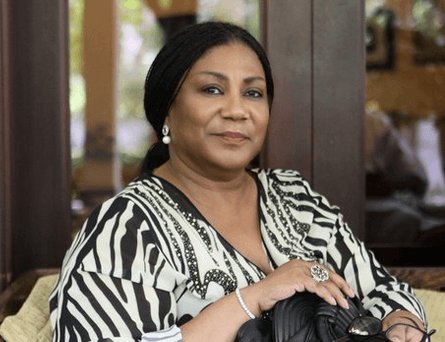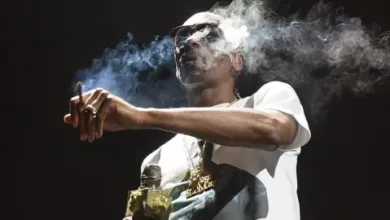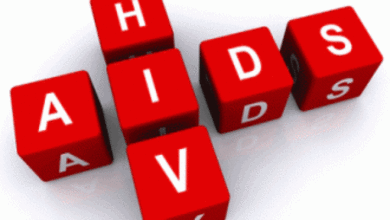First Lady Mrs Rebecca Akufo-Addo has cut the sod for the construction of a 30-bed hostel facility for childhood cancer patients and their guardians who access treatment at the Korle-Bu Teaching Hospital (KBTH).
The ceremony was in commemoration of the International Childhood Cancer Day, which is marked worldwide on February 15 each year to highlight the need for concerted global actions to address the growing challenge posed by cancer.
Globally, cancer is overtaking infectious diseases, as the leading cause of disease-related mortality in children and adolescents, with 250,000 children being infected by cancer yearly.
In Ghana, it is estimated that a 1,000 children below 15 years are affected by cancer annually but only 300 cases are reported to the two pediatric cancer units at KBTH and the Komfo Anokye Teaching Hospital (KATH) in Kumasi.
This is due to accessibility challenges involving costs of treatment, lack of affordable accommodation for guardians and their affected children as well as difficulty in transporting sick children to and from the hospitals.
Prior to the ground breaking ceremony, Mrs Akufo-Addo toured various sections of the Children’s Department at the Korle-Bu Teaching Hospital including the emergency, and day care units to fraternise with the children and their guardians.
She expressed much support for the construction of the hostel, saying once it was functional it would relieve the stress faced by many guardians, especially those who live far off the facilities, of having to travel several hours for treatment.
She said: “I will do everything to support the construction of the hostel. I will tell the President about it and I will solicit support from other individuals and organisations for them to support the project.”
She said for the hundreds of children with cancer who would in the future be receiving treatment at Korle Bu hospital and their guardians, the hostel would serve as a safe haven for them, “a home away from their distant home”.
The First Lady said beyond providing a hostel, there was the need to go a step further to consider access to a well-balanced diet for the children and their families while ensuring that the educational needs of the children who might be staying at the hostel for several months were met.
She however expressed her satisfaction that teachers had been assigned to cover the children’s wards at the Hospital and suggested that when the hostel was finally completed, some of the teachers should be assigned to attend to the needs of children there.
Mrs Akufo-Addo also commended the Ghana Parents Association for Childhood Cancers (GHAPACC) for initiating the hostel project, saying, “I will like to assure you of my commitment to the realisation of initiatives that will improve the health of our precious children and to encourage all to join forces in contributing towards the successful completion of this hostel.”
Professor Lorna Awo Renner, Head of Paediatric Oncology Unit, Korle-Bu Hospital said although Ghana had been successful in reducing childhood diseases especially under age five mortality through effective control of infectious diseases, childhood cancers continue to affect many children who get little or no treatment at all.
She explained that when diagnosed early enough and treated with the appropriate protocols, over 75 per cent of childhood cancers would be cured and that cured children had from 50 to 60 more productive years to live.
She said as little as GHȼ2,500.00 could be used to buy drugs to treat a child with cancer in Ghana while as much as GHȼ20,000.00 could be spent for a period of three years treatment for a child with Leukaemia.
Source: GNA




